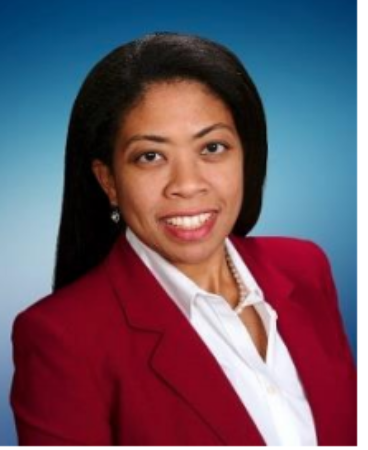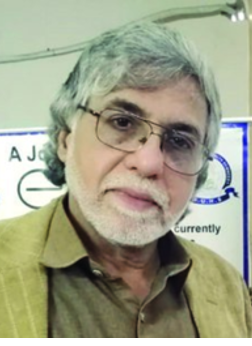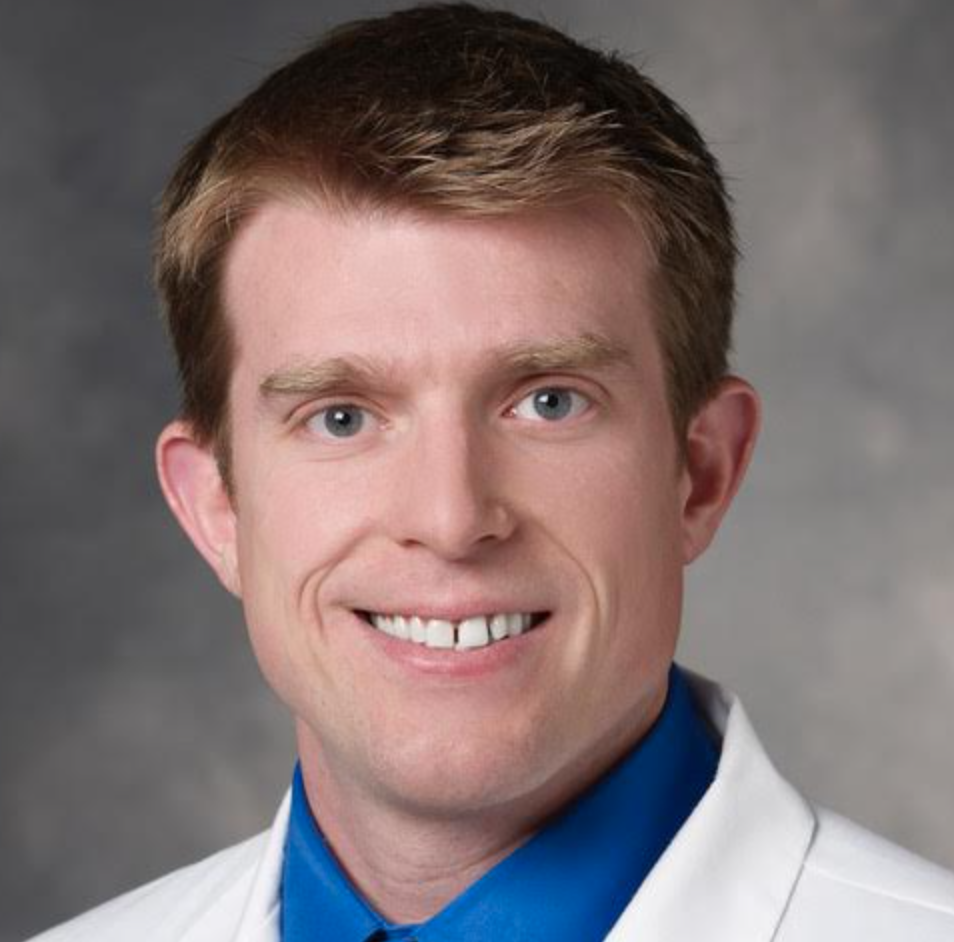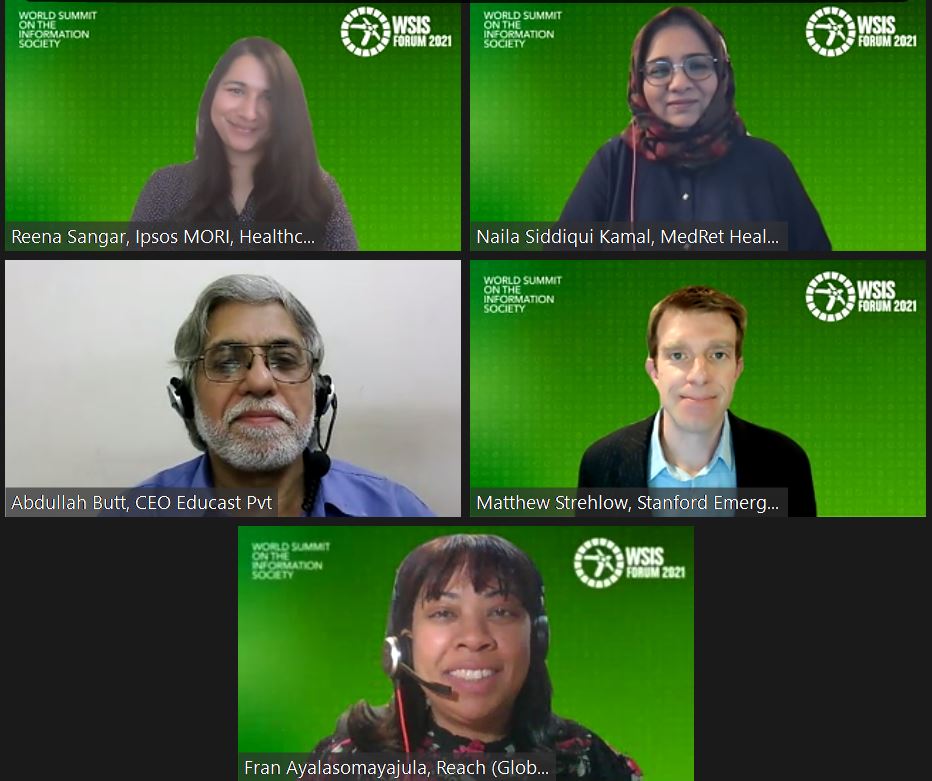ICTs and Gender Mainstreaming special track: Telehealth facilitated health ecosystems in rural/war afflicted areas during covid - Case Studies
MedRet Healthcare Ltd
Session 244
MedRet Academy presents 'Educast Society Collaboration Case Study- Yemen telehealth mobile mother & child unit)
This session will present a collaborative case study which responded to the critical situation in Yemen in maternal and child health.
MedRet Healthcare Ltd brings the case study of Educast Society which through a collaboration between government-public-private partnership used ICT based solutions to deliver urgent healthcare needs through remote access network. MedRet is an educational platform specialising in training frontline workforce using health informatics and creating health ecosystems.
This session will cover the following remits:
1. The crisis on the ground in maternal and child health
2. The educational needs in covid pandemic
3. The technological infrastructure ICT
4. The medical innovative models for delivery of care using ICT based solutions

Reena heads Ipsos' Global Centre of Expertise in Connected Health and is passionate about developing global data assets. Reena is a passionate leader in field of connected health. She is a frequent mainstage speaker on global platforms as CES,HIMMS, Connected Health conferences .She has led large strategic studies mapping connected health amongst payers, healthcare professionals and patients.She is a Director for ipsos based in London.

Affiliated with NHS UK for past 28 years.
Practicing as an experienced gynaecologist, expert educationist, motivational organisational transformational change advisor and visionary futuristic healthcare enthusiast.
Resourceful digital transformation expert matching provider-consumer needs in a bespoke SMART health ecosystem for individual settings .
Alumnus of Imperial College London & Harvard Medical School.
A subject matter expert in strategy, enterprise and delivering change; reputed for tackling challenges through innovation, collaborative management and leadership.
Key competencies and experience include:
Healthcare educational strategy formulation, healthcare transformation and change, project and programme management, operational improvement, and facilitating embedment of safety aspects in technology programmes.
In summary, unique individual that combines clinical experience backed up by solid academic credentials (FRCOG, Med Cert SQIL) with experience and visionary insights in healthcare delivery of disruptive solutions from strategy through to execution.
Vice Chair of Educast Society (NGO) working with collaborators to facilitate urgent health needs in maternal and child health crisis in Yemen.
www.linkedin.com/in/nailasiddiquikamal
www.medret-academy.com

For over 20 years, Fran Ayalasomayajula, executive healthcare strategist and technologist, has been
dedicated to serving the health needs of populations around the world. Fran is the Head of Digital
Health Strategies Worldwide at HP. Prior to HP, Fran worked for major health and life science
institutions, including WHO, CDC, BMS, and UHG. Fran is a devoted volunteer serving as the President of
Reach, a global non-profit social impact organization, and a board member of multiple industry leading
organizations, including the Consumer Technology Association Health and Fitness Division and NHS of
San Diego. Fran is also the author of several publications on a variety of healthcare topics including best
practices for the successful adoption of virtual reality in the clinical setting; scaling global connected
health programs; clinical empathy, technology adoption for aging well, and the deployment of digital
technology for the prevention of maternal mortality and morbidity.
https://www.healthcareitnews.com/news/remote-patient-monitoring-can-help-address-maternal-mortality-crisis

Mr Butt is a Telecom engineer by Profession and is the founder of Educast Group, which a Digital Health Tech organization, He is in TeleHealth for last 15 years and is the CEO for Educast (Technology Experts in facilitating Telehealth services in crisis areas). Mr Butt has been a speaker at many events talking about role of technology in facilitation of communication in disaster zones. He has a wealth of experience in implementing remote access health and education technology enablement projects funded by NGOs, governments as well as academic institutions. Educast is playing a big role during COVID 19 pandemic in Pakistan by providing home isolation telehealth advisory 150,000 people Corona positive effected through his 450 edoctors from 15 countries with the province of Sindh.
Currently EDUCAST social services wing is engaged in establishing multipurpose tele Centers, for Maternal and Child health, Training of Midwives, Mental health consultations, and Teaching online English conversation sessions in war effected areas of Shqra, Zanjabir, Maarib and Hadarul Maut in Yemen.
https://www.brecorder.com/news/40064858/educast-facilitates-humanitarian-efforts-in-war-torn-areas-of-yemen

Dr. Matthew Strehlow is an Associate Professor and Vice Chair in the Department of Emergency Medicine at Stanford and the Director of Stanford Emergency Medicine International. Over the past decade and a half, he has worked in prehospital and emergency care across the globe including serving as a primary advisor to India’s
prehospital emergency care system, now the largest centralized EMS system in the world. He is the founder of the On-Line Medical Research program in India and focuses his research on the epidemiology of emergencies in
developing nations, maternal and neonatal emergency referral systems, and the intersection of emergency response systems and gender-based violence. While living in Cambodia, Dr. Strehlow worked on improving prehospital and facility-based emergency care systems under two USAID funded grants serving as Senior Technical Advisor for the
Quality Health Services project. His online, open-access emergency medicine training program, sepsis gaming programs and open access COVID-19 Healthcare Worker courses have been utilized by tens of thousands of providers in over 140 countries. In 2020, as incoming Chair of American College of Emergency Physicians Scientific Assembly he launched the first global health in EM track bring speakers from every continent. At Stanford he is a Fellow at the Center for Innovation in Global Health and as an advisor to Stanford’s Digital Medic initiative to help advance the University’s mission of improving health and education worldwide.
-
 C1. The role of governments and all stakeholders in the promotion of ICTs for development
C1. The role of governments and all stakeholders in the promotion of ICTs for development
-
 C2. Information and communication infrastructure
C2. Information and communication infrastructure
-
 C3. Access to information and knowledge
C3. Access to information and knowledge
-
 C4. Capacity building
C4. Capacity building
-
 C5. Building confidence and security in use of ICTs
C5. Building confidence and security in use of ICTs
-
 C6. Enabling environment
C6. Enabling environment
-
 C7. ICT applications: benefits in all aspects of life — E-government
C7. ICT applications: benefits in all aspects of life — E-government
-
 C7. ICT applications: benefits in all aspects of life — E-business
C7. ICT applications: benefits in all aspects of life — E-business
-
 C7. ICT applications: benefits in all aspects of life — E-learning
C7. ICT applications: benefits in all aspects of life — E-learning
-
 C7. ICT applications: benefits in all aspects of life — E-health
C7. ICT applications: benefits in all aspects of life — E-health
-
 C7. ICT applications: benefits in all aspects of life — E-employment
C7. ICT applications: benefits in all aspects of life — E-employment
-
 C7. ICT applications: benefits in all aspects of life — E-science
C7. ICT applications: benefits in all aspects of life — E-science
-
 C8. Cultural diversity and identity, linguistic diversity and local content
C8. Cultural diversity and identity, linguistic diversity and local content
-
 C9. Media
C9. Media
-
 C10. Ethical dimensions of the Information Society
C10. Ethical dimensions of the Information Society
-
 C11. International and regional cooperation
C11. International and regional cooperation
All the links ticked are connected with the deliverables of this session.
We show how the SDG goal 3 can be achieved through WSIS action lines in including government and ICT stakeholders to deliver capacity building via elearning for health indirectly improving economy and job opportunities through equal gender opportunities.
-
 Goal 1: End poverty in all its forms everywhere
Goal 1: End poverty in all its forms everywhere
-
 Goal 2: End hunger, achieve food security and improved nutrition and promote sustainable agriculture
Goal 2: End hunger, achieve food security and improved nutrition and promote sustainable agriculture
-
 Goal 3: Ensure healthy lives and promote well-being for all
Goal 3: Ensure healthy lives and promote well-being for all
-
 Goal 4: Ensure inclusive and equitable quality education and promote lifelong learning opportunities for all
Goal 4: Ensure inclusive and equitable quality education and promote lifelong learning opportunities for all
-
 Goal 5: Achieve gender equality and empower all women and girls
Goal 5: Achieve gender equality and empower all women and girls
-
 Goal 6: Ensure access to water and sanitation for all
Goal 6: Ensure access to water and sanitation for all
-
 Goal 8: Promote inclusive and sustainable economic growth, employment and decent work for all
Goal 8: Promote inclusive and sustainable economic growth, employment and decent work for all
-
 Goal 9: Build resilient infrastructure, promote sustainable industrialization and foster innovation
Goal 9: Build resilient infrastructure, promote sustainable industrialization and foster innovation
-
 Goal 10: Reduce inequality within and among countries
Goal 10: Reduce inequality within and among countries
-
 Goal 11: Make cities inclusive, safe, resilient and sustainable
Goal 11: Make cities inclusive, safe, resilient and sustainable
-
 Goal 16: Promote just, peaceful and inclusive societies
Goal 16: Promote just, peaceful and inclusive societies
-
 Goal 17: Revitalize the global partnership for sustainable development
Goal 17: Revitalize the global partnership for sustainable development
All goals ticked above are addressed as explained in the summary of the case study.
https://www.brecorder.com/news/40064858
https://blog.siasat.pk/pakistani-saudi-healthcare-platform-educast/
https://www.arabnews.com/node/1725736/world
https://tribune.com.pk/story/2268591/pakistans-teleclinic-to-provide-health-services-to-war-affected-people-of-yemen
www.medret-academy.com
